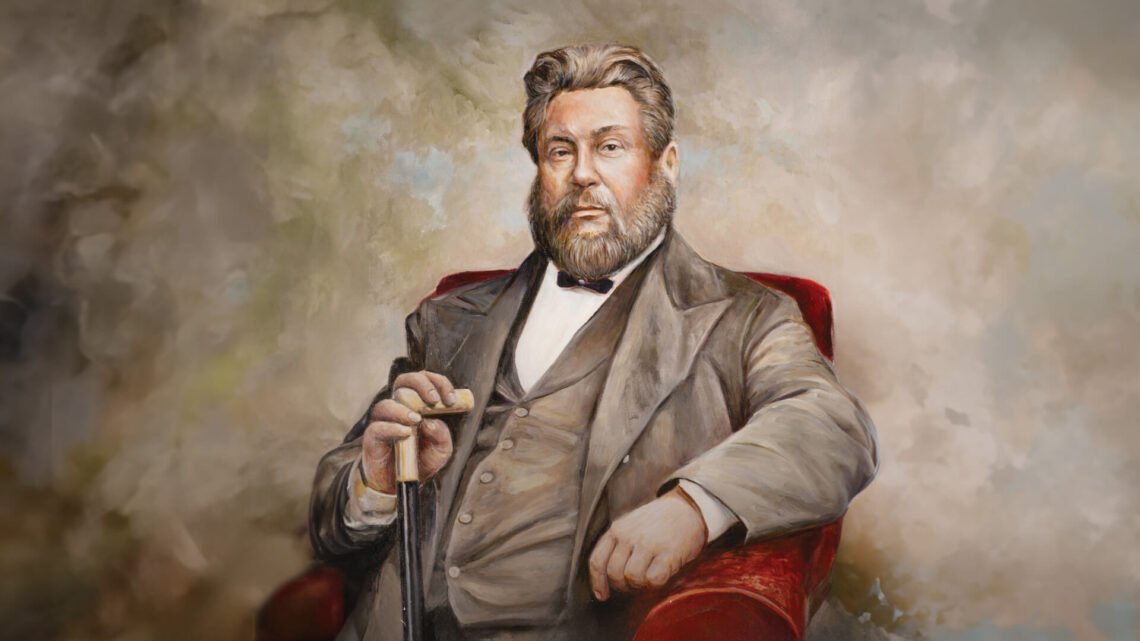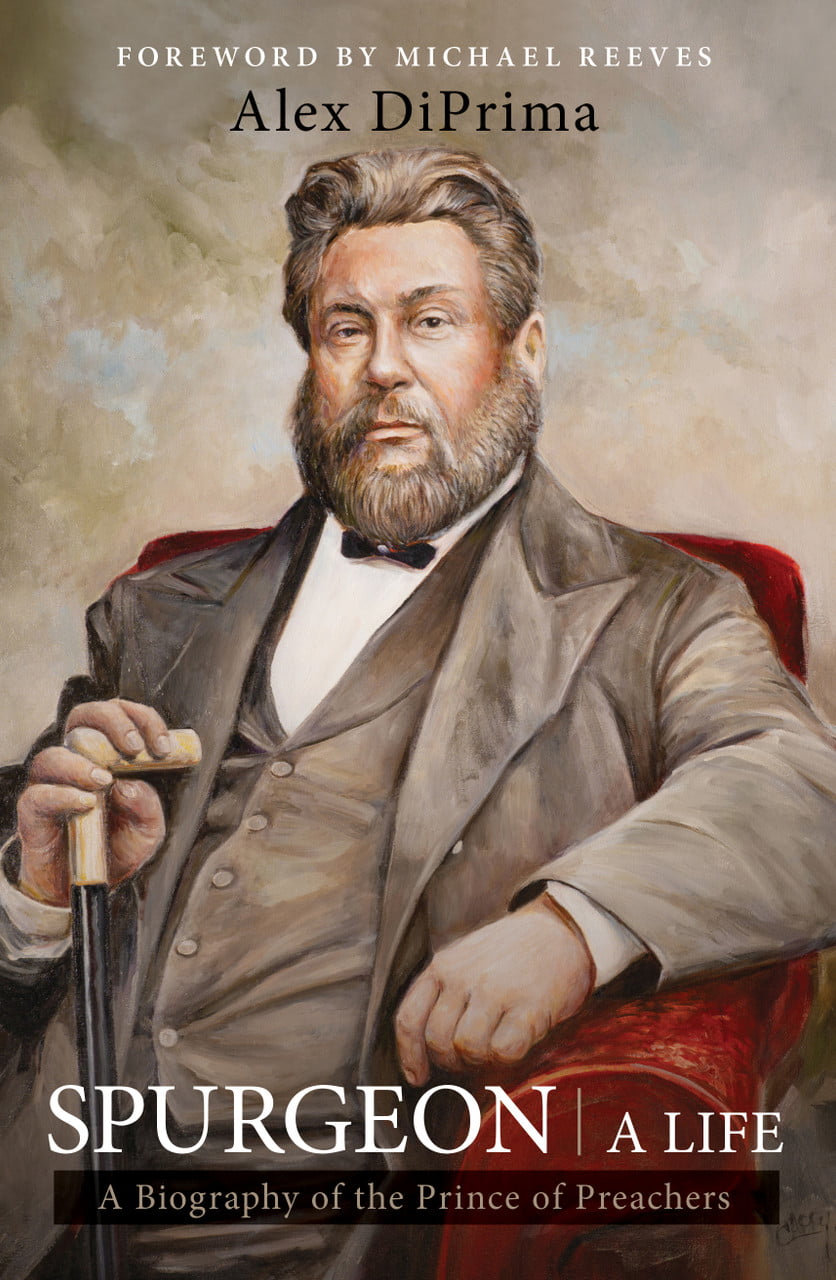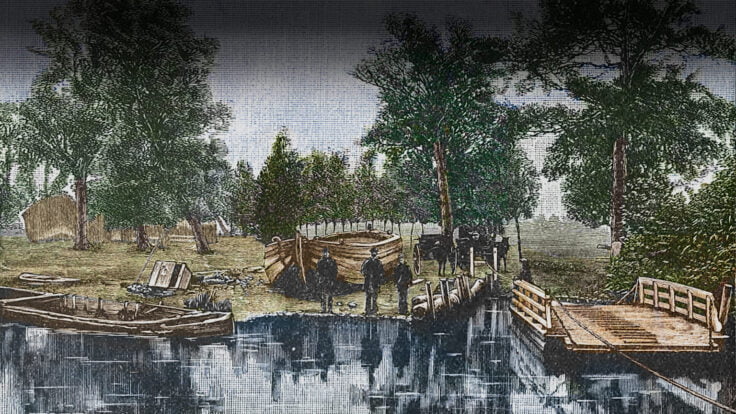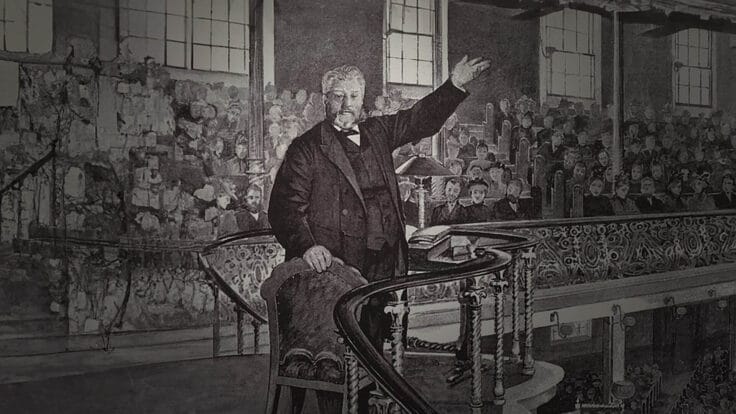Spurgeon: A Life – A Biography of the Prince of Preachers (Reformation Heritage Books, 2024) by Alex DiPrima provides an excellent introduction to the life and ministry of Charles Haddon Spurgeon. DiPrima’s biography is clear, concise, and provides a look into who Spurgeon really was while keeping between the ditches of hagiography and fault finding that so many biographies of figures in church history fall into.
Watch an interview with the author at the end of this review
Some might ask if another biography of Charles Spurgeon is truly needed in our day. Certainly, there is no shortage of good books that either cover Spurgeon’s life or focus in on a particular aspect of his ministry.
DiPrima is fully aware of such a question and addresses it head on:
“Spurgeon has been the subject of numerous biographies, but surprisingly few of significant quality. After his death in 1892, at least one new biography of him appeared in print every month for the next two years. Most of these accounts, written as they were by friends and acquaintances, are heavy on warm reminiscences but light on thoughtful analysis and interpretation”
As he goes on, he rightly points out that the best treatments of Spurgeon are quite long and can be cumbersome to a reader who is taking up a study of the Prince of Preachers for the first time. There is the 6-Volume biography by G. Holden Pike is a deep dive, as is Tom Nettles’ textbook-sized Living By Revealed Truth.
Spurgeon’s autobiography is always a great place to begin, but even this comes in at nearly 600 pages across two volumes, and being a product of Spurgeon’s own pen it can, at times, be a little difficult for the modern reader to get into if they are not acquainted with Victorian writing.
Moreover, the short biographies of Spurgeon that do exist are often flawed in sometimes significant ways. For example, while Arnold Dallimore’s Spurgeon: A New Biography is commended by DiPrima, he rather tactfully points out some factual errors that are present in his work.
Spurgeon: A Life seeks to iron out such issues that are present in other accessible treatments of Spurgeon’s life while also keeping the scope of the work small enough to obtain a wide readership. And so, I readily agree that we can in fact do with another biography of CH Spurgeon – particularly one that has as its aim the goal of presenting a broad look at his life as a whole.
Of his work, DiPrima writes:
“The biography in your hands is my attempt to provide a new portrait of Spurgeon that makes some improvements over previous accounts of his life and also takes into view many of the new studies and new data now available to historians and researchers. I have also endeavored to write within the context of the resurgent popular interest in Spurgeon, which grew rapidly beginning in the 1990s and continues apace at the time of this volume’s publication. I have aimed at a warm, accessible, and edifying introduction to Spurgeon’s life. I intend it not primarily for the academy but for the church. My aim is not merely to inform but to edify and encourage.”
DiPrima covers all of the major aspects of Spurgeon’s life and ministry that a person interested in him ought to be familiar with: his early childhood, his time living with his grandparents in Stambourne, his conversion experience at age 15, his path to the ministry at Waterbeach and then to the big city of London, his marriage to Susannah, his trials and triumphs, the Downgrade Controversy and more.
Those who have read through Spurgeon’s autobiography or who have already become well-acquainted with his life will of course be familiar with many of the accounts related in this biography. For example, the amusing story of Spurgeon being tricked into delivering the first sermon he ever preached is to be found here as in every other biography – there’s just no skipping over this great incident.
That is not to say that DiPrima does not add additional insight into such episodes. In this case, he provides a helpful overview of the differing dates assigned to this first sermon and offers a compelling solution. At any rate, a good story is worth retelling and is gladly heard again when it is told well. And DiPrima tells these stories well.
Of course, a volume which is specifically intended to be a short treatment on a significant topic cannot possibly go in depth into every aspect of Spurgeon’s life. Some stories will be left out, important factors that shaped Spurgeon and his ministry left unaddressed, interesting anecdotes left unexplored. And so we can be thankful that there are many additional works available that can be explored once the reader’s interest has been captured by this fine biography.
I would especially recommend this book to those who have only a passing familiarity with Spurgeon. Perhaps they have seen him quoted often on social media, have read a sermon or short book of his, or are merely aware of his name as featuring prominently in church history.
DiPrima’s Spurgeon: A Life is likely to become the best place to start for anyone who wants to know more about the life, ministry, and legacy of Charles Haddon Spurgeon.
If you would like to learn more about Alex DiPrima and this new biography of Spurgeon, I encourage you to watch or listen to my conversation with the author below






